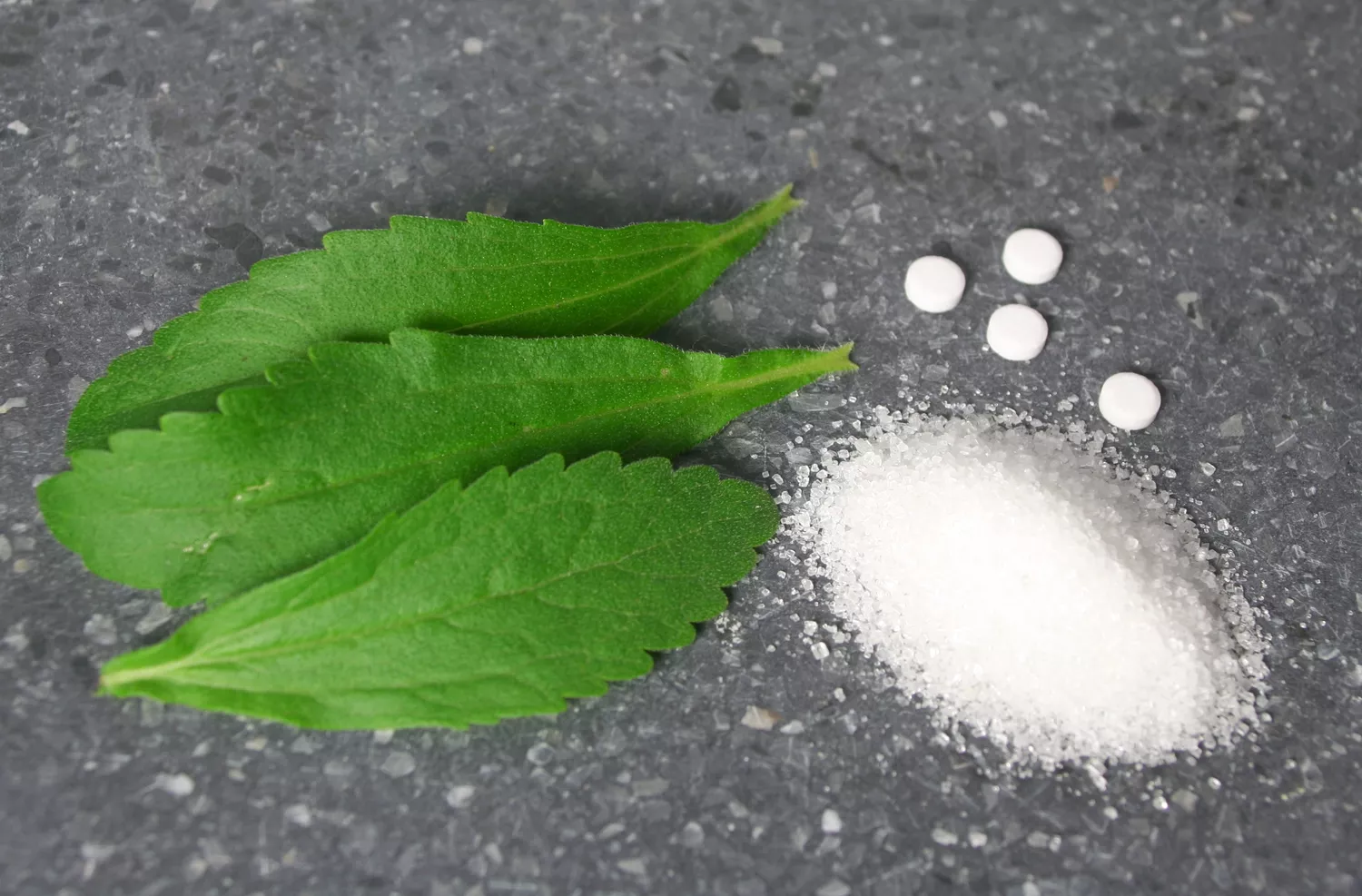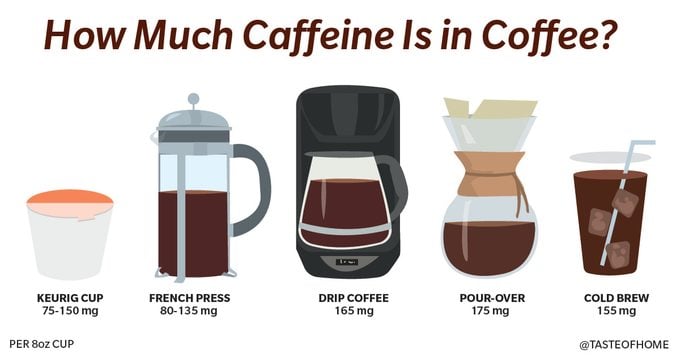Consuming way too much sugar has been connected to an increased danger of heart problem, stroke, and some sorts of cancer.1 To cut down on sugar, some individuals change it with low-calorie sweetening agents, plant-based natural sugar, or sugar alcohols. The goal is to have sweet-tasting foods with less calories and a minimized effect on blood glucose degrees.
One prominent choice is stevia. This plant-based, zero-calorie sweetener will not spike blood sugar level levels, and while the Food and Drug Administration (FDA) considers it safe, there are some warns and controversies to know about. Right here are the information you need to understand before you make the button.
Where Does Stevia Come From?
Stevia is a bush that originated in South America.2 Its leaves include substances called steviol glycosides, which have a pleasant taste.3 Glycosides are extracted and made into low-calorie sweeteners, which can be found in liquid, tablet, and powder kinds.

The initial stevia-based sugar was developed in Japan in the 1970s.4 In the U.S., the FDA accepted the use of stevia as a nutritional component in 1995.3
Stevia-based sugar are 200 to 400 times sweeter than sugar.2 And also, a really small amount is needed to provide a wonderful flavor. Due to this, stevia glycosides are combined with various other ingredients, such as dextrose, inulin, or erythritol, to mass up the quantity. This permits stevia to be made right into tablet computers or to fill sugar packets.
Researches show that stevia also does not influence insulin or blood sugar level degrees as sugar does.5 This is necessary given that insulin resistance is connected to type 2 diabetes, fatty liver condition, and some types of cancer.67 Stevia likewise has anti-inflammatory results and contains some antioxidants.8.
Is Stevia Safe?
Stevia is a prominent sugar option– it’s utilized to sweeten everything from water flavorings to protein bars to pancake mix. Due to the fact that it is stemmed from plants, it can appear more “natural” than some sweetening agents. However, even healthy foods may have some health and wellness threats if consumed over.
In 2008, the FDA accepted some types of purified stevia removes and gave them “usually regarded as secure” (GRAS) standing. These consist of:2.
95% minimum purity steviol glycosides.
Rebaudioside A (additionally known as Reb A).
Stevioside.
Rebaudioside D (likewise known as Reb D).
On the other hand, whole stevia leaf and unrefined stevia essences are not GRAS. They likewise are not permitted for use in the united state 2.
Health Perks of Stevia.
Stevia has actually been examined for more than 100 years, so there’s a lot of clinical information available to show its prospective wellness benefits. Here’s what you require to understand about the pros of making use of stevia.9.
May Have Anti-Cancer Characteristics.
The FDA outlawed stevia in 1991 after some professional research studies linked it to cancer. In the three decades since then, researchers have located that those early researches were wrong. Interestingly, studies in the 2020s are now looking at stevia as an anti-cancer agent, and it is being tested as a possible medicine to fight stomach cancer cells.10.
The bottom line is that stevia does not trigger cancer cells and might aid kill some types of cancer cells.11 Research study in this area is continuous, though.
May Be Safe for People With Kind 2 Diabetes mellitus.
Stevia is taken into consideration risk-free for individuals who have type 2 diabetic issues. In Brazil and Paraguay, where stevia was first grown, it is used as a conventional medication to treat diabetes mellitus.9.
In professional research studies, stevia was found to have no detrimental results on blood sugar level levels or insulin levels.5.
Ajami M, Seyfi M, Abdollah Pouri Hosseini F, et al. Effects of stevia on glycemic and lipid profile of type 2 diabetic person patients: A randomized controlled trial. Avicenna J Phytomed. 2020 Mar-Apr; 10( 2 ):118 -127. PMID:32257884.
In fact, it can assist promote insulin secretion from the pancreas, which aids reduced blood glucose levels.8 A few research studies have also discovered that stevia can reduce blood sugar by approximately 35%.8.
Aids Lower High Blood Pressure.
Stevia is likewise safe for people with high blood pressure. Some healthcare providers also suggest stevia to stop or deal with hypertension.9 That’s due to the fact that stevia works as a vasodilator, which means it opens (dilates) blood vessels to advertise healthy blood circulation.
If you have reduced high blood pressure degrees, talk with your healthcare provider before including stevia to your diet plan. It could reduce your high blood pressure degrees also further.
Possible Concerns About Stevia.
Despite its possible advantages, stevia still is not ideal for some individuals. Here are some prospective disadvantages to making use of stevia as a sugar replacement.
May Impact Body Weight.
All low-calorie sugar replacements, including stevia, are advertised for weight administration. Nonetheless, the research study on this subject is not well-defined. Some studies reveal that making use of low-calorie sugar might in fact boost weight, body mass index, and the threat of cardiometabolic illness.12.
As always, fat burning isn’t a subject with a “wonder drug” solution. Just switching over from sugar to stevia is not going to be a miraculous service for weight control.
May Cause Digestive Issues.
Some individuals have reported negative intestinal results from stevia, including bloating and nausea or vomiting.13 These are private experiences and will not take place to every person who uses stevia items.
Especially, people typically report these symptoms when they use stevia in large quantities. The safe day-to-day intake level for stevia set by the World Health Organization is 4 milligrams per kg of body weight.14 In functional terms, that’s about 10 stevia packets for somebody that evaluates 150 extra pounds.
May Harm the Gut Microbiome.
Studies on just how stevia influences the microflora in your intestine have been mixed. One review considered 14 previous researches on stevia and digestive tract microbiome health. Several of the research studies showed valuable effects, some revealed no impacts, and some revealed hazardous impacts from stevia. It’s ahead of time to say if stevia is valuable or dangerous to the intestine microbiome, and researches are recurring.15.
May Cause Hormonal Agent Disruption.
Steviol glycosides, the component that gives stevia a wonderful taste, share a similar structure to steroids. There is some worry that this can influence steroid hormonal agents, such as progesterone.
One research shows that using stevia can boost progesterone.16 That can be problematic, since high progesterone is connected to depression and weight gain. However, just one research feeds on this topic, so much more study is required.
Not Safe While Pregnant.
To date, there is inadequate research to identify the safety of taking stevia while pregnant or while breastfeeding. Because it is unidentified, it is best to err on the side of caution and avoid stevia when pregnant or nursing.13.
Might Be an Irritant.
Stevia is a plant in the Asteraceae and Compositae family members, which also includes the usual allergen ragweed. If you have a ragweed allergy, you may also respond to stevia.13 Check with your healthcare provider to identify if it’s secure for you to eat.
Should You Make use of Stevia?
As with any type of adjustment to your diet, it is essential to deal with your healthcare team for individualized guidance prior to determining to switch over to stevia. They can aid you make educated choices based upon your individual health requirements. Below are some other things to keep in mind if you choose to use stevia:.
Consider the resource. Do not utilize whole stevia leaf and unrefined stevia extracts. Rather, try to find items that contain steviol glycosides, steviosides, or Rebaudioside A or D.
Begin with little quantities. Utilize one package or tablet to see if you enjoy the preference and to see if there are any type of negative effects prior to utilizing a bigger amount. Do not go beyond 10 packets or tablet computers of stevia in a day.
Mix it up. Instead of depending on one sugar all of the moment, select a range of sugar options.
Consider the various other components. Select a product that is blended with a bulking representative like dextrose as opposed to erythritol, which has recently been linked to a raised threat of heart problem.17 Long-lasting safety and security of erythritol is currently being examined, so it might be clever to prevent it as your major sweetener till even more is known.
Profits.
Keep in mind, stevia is simply one active ingredient and is not a magic bullet for health and wellness. It may assist you mindfully lower your sugar intake. Yet, beware not to merely switch high-sugar foods for several various other ultra-processed foods which contain stevia, such as sweet and gelato. Small amounts of these foods– whether they are made with sugar or stevia– is a much better concept.


